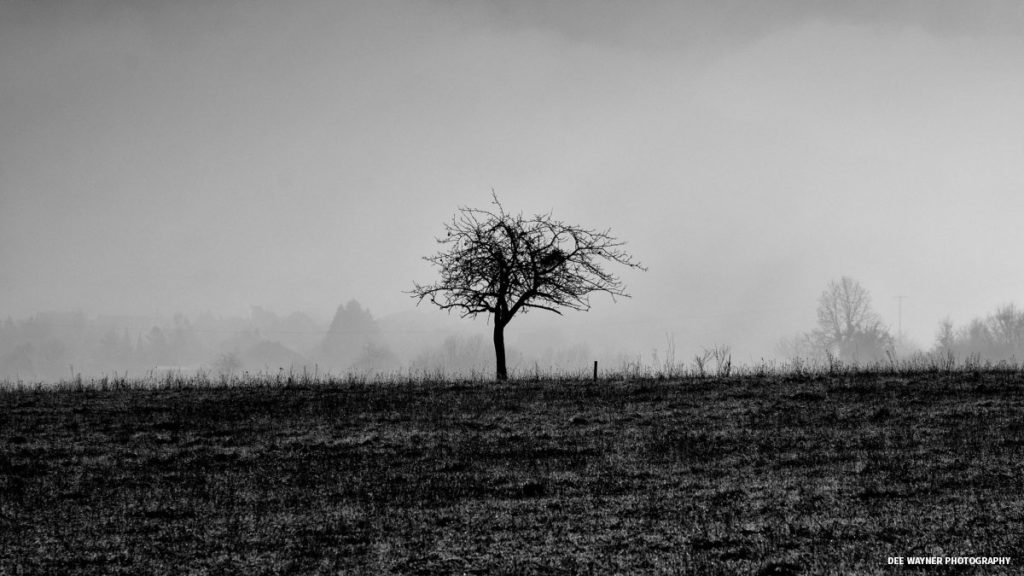I first met Dr. Greg Harris at Washington Bible College. I was a new student at the Bible College in the early 1990’s and took many of my New Testament courses with Greg. He also graciously allowed me to teach at the church he was pastoring at the time. Several years ago Greg came to Woodstream Church (where I was a member) in Maryland and I had the opportunity for the first time to hear him speak on the suffering and pruning God had sovereignly allowed him to experience. His message was indeed a powerful reminder of how God sometimes works in ways that we simply do not understand, anticipate, or expect.
One of my fervent and frequent prayers before my own time of pruning was that God would make me more like Christ. Little did I know what that process would actually entail, and that it would and must always involve suffering. I had gone through a period in which God blessed me tremendously and consistently, and everything was just about as perfect as it could be in a fallen world. But then it all came to a very abrupt halt and I lost almost everything. Within several months it felt as though my entire world had come to an end. However, it was then that I began to understand and experience what it takes to become like Christ. God does not sanctify us through an esoteric or instantaneous experience, but rather through life-changing suffering. God wants us to be completely dependent upon Him and it is through my own episode of hardship and trial that I learned this truth in a much more profound manner.
Just a few weeks ago I was pondering what God allowed me to go through and how He carried me through it. In God’s providence I happened to think about Greg Harris and his own personal testimony in the Cup and the Glory. I had seen Greg last year at the ETS conference and we chatted only briefly. I had read his book several years ago but did not have a copy. I was able to find his lectures online and upon listening, was deeply moved by his testimony and teaching. When I last heard these messages at Woodstream, I understood what he was saying intellectually, but this time I understood it deeply through my own experience.
His lectures tremendously helped me make more sense of my own time of suffering, and showed me more surely that God’s glory is the goal, even in the terrible events and experiences that we endure. I also had the opportunity to share Greg’s messages with my wife and this helped her see more clearly what I have tried to explain to her in regards to my time of trial. Suffering indeed is the catalyst for our own sanctification but ultimately for the glory of God. If we truly want to be like Jesus this is something that we must expect and embrace despite the fact that it is difficult and even sometimes utterly devastating. In understanding more clearly how God uses “the furnace” to refine us for His own purpose and for our good, there is much healing. Greg’s personal story of tragedy and triumph has caused me to rejoice and thank God for His awesome love and mercy even in the midst of turmoil.
In John’s Gospel, Jesus says he is the “true vine” and that the branches in him need to be pruned so that they may “bear more fruit” (15:2). He is speaking about genuine believers who are “clean” (15:3) but need to understand they can only bear fruit if they are abiding in him and he in them (15:4-5). The pruning process is one of purification and cleansing. It is done to those who are spiritually alive and does not bring about spiritual death but death to self which allows for the bearing of “much fruit” (John 12: 24). The pruned tree may look dead but it is really alive and undergoing the means of newness and regeneration. The pruning takes place in the careful and skillful hands of the vinedresser who in our case is God the Father (15:1). God our loving Father purifies us with the right tools and in the appropriate season.
The purpose of pruning is cleansing so that we may bear abundant fruit to the glory of God. The Apostle Paul listed the fruit of the Spirit as “love, joy, peace, patience, kindness, goodness,… and self-control” (Gal. 5:22-23). It is through suffering that we learn endurance, develop character, and gain hope (Rom. 5:3-5). Although the pruning process is indeed a difficult season of life, we must pray that God would allow us to take the mature perspective and see it as being for our own good, for the benefit of others, and ultimately for the glory of God. Dying to self brings about dependence upon God, and as this is his desire, it should also be ours as well.


